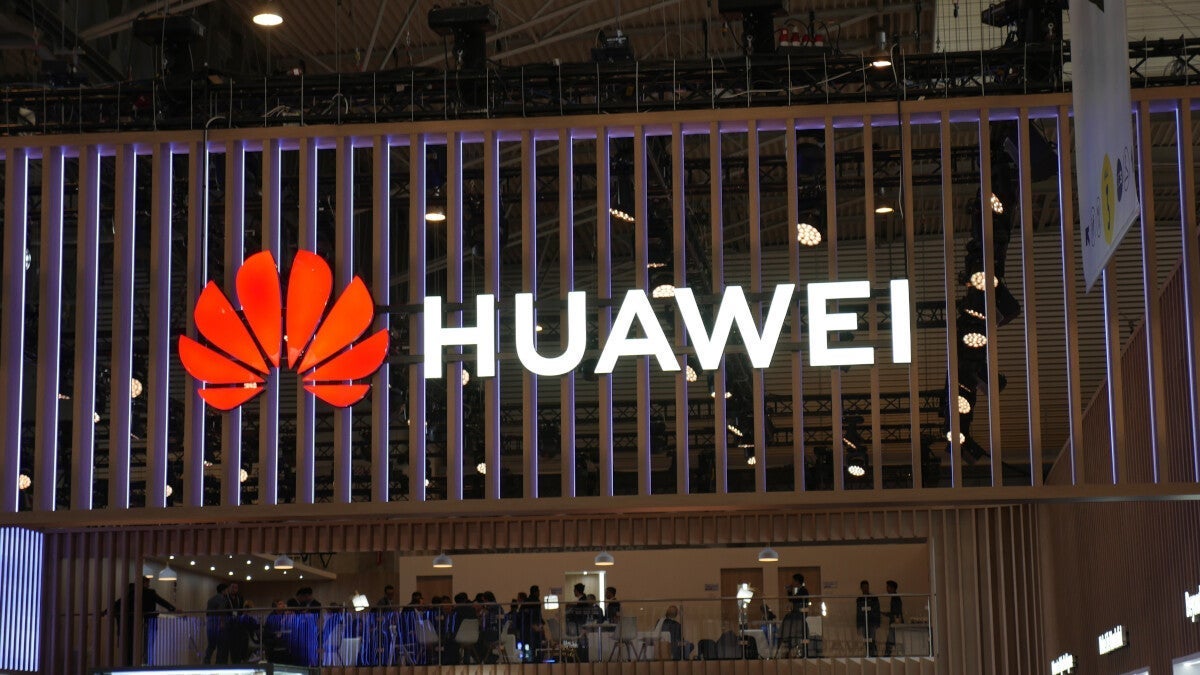The Commerce Department (which oversees US export policy) revoked “certain” licenses.
The latest Reuters report shines a light on the matter and tells the story how Washington managed to cancel a total of eight licenses (so far in 2024) with the goal to increase pressure on the company, which has resurrected with the release of the Mate 60 Pro. You know, this 5G-capable phone shouldn’t have materialized in the first place, but in spite of the US sanctions did so last year.
Huawei’s smartphone sales surged by 64% year-on-year in the first six weeks of 2024, according to various reports. Huawei’s smart car component business also contributed to its fastest revenue growth in four years in 2023.
As I’ve said on previous occasions: good luck trying to contain technology. Yes, it may take some time, but, eventually, other companies will figure things out. You simply cannot contain it.
The story so far
In 2019, Huawei faced a significant setback. The United States said Huawei phones pose a thread (because of privacy issues) and imposed sanctions on the company. These sanctions restricted American firms from doing business with Huawei, particularly in supplying key technologies and software essential for its smartphones.
One of the most critical impacts was the loss of access to Google Mobile Services (GMS), which includes popular apps like Gmail, Google Maps, and the Play Store, on Huawei’s new smartphones. This meant that Huawei phones released after the sanctions could no longer come pre-installed with these familiar Google apps, affecting their appeal to international consumers who rely on these services.
The US government argued that Huawei’s close ties to the Chinese government posed a potential risk of espionage and unauthorized data access, particularly through Huawei’s telecommunications equipment. As a result, the U.S. placed restrictions on American companies supplying Huawei with critical components and technology necessary for building and expanding 5G networks.
The rest, as the poet says, is history.
